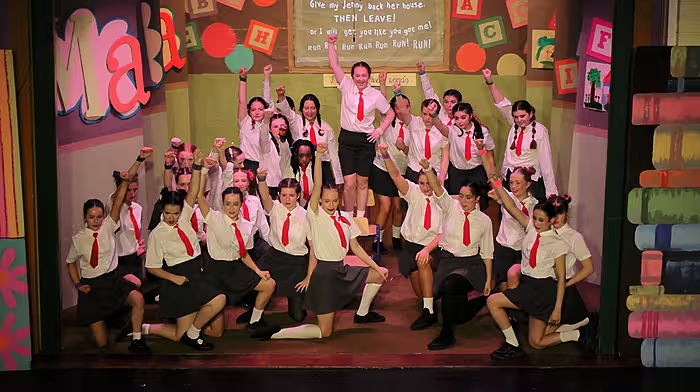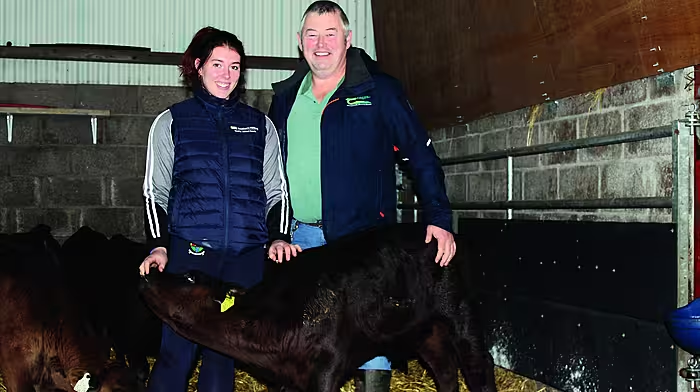Many feel that county councillors should be organising more public meetings to gauge people's opinions on what is best for their local communities and what they need.
WITH the real business end of the local elections campaign – polling day – approaching, it is incumbent upon the public to show some respect for all the candidates running for office. They have put themselves in the unenviable position of having to curry favour with the electorate and, even if you have no intention of voting for one candidate or another, they at least deserve a hearing.
Those seeking re-election have been through the mill before and know well that they cannot be sure of anything, while idealistic first-timers – some perhaps naïvely – feel that they can make a difference, if elected, and that should not be discouraged because maybe they just might do so in time to come.
It is important to have that kind of optimism that one can do something practical to help one’s community, but one needs a lot of like-minded people to vote for you, especially if standing as an independent without a core party vote to boost one’s chances. The beauty and the beastliness of local politics is that it is totally unforgiving and, even if you do nine good turns for a constituent but fail to deliver on the tenth, that is the one that will be remembered and held against you.
So, great credit is due to all the people who have put themselves forward for election whatever their motivation. Shouting people down and trolling them online does not constitute constructive debate.
It is reasonable to question, with civility, outgoing councillors seeking re-election about what they have done during their tenure in office for the area and people they represent; did they deliver on the promises they made before the last election and what they are promising if re-elected? Voters get the chance to deliver their verdict on candidates at the ballot box and, if they fail to take the opportunity to exercise their franchise, complaining about those who are elected without that input is as futile as closing the stable door after the horse has bolted.
The local elections are very important because the politicians elected are closer to the people and to the proverbial parish pump than many of those elected to the ivory tower that is Leinster House and, after all, it is said that all politics is local. These elections can provide the first step on the political ladder for those with loftier ambitions, but voters will quickly rein them back in if they lose the run of themselves.
The frustration that the electorate often feels is a perceived lack of accountability by those they elect. Quite often, what an affiliated county councillor does is influenced by their party cumann, whereas they should be taking their leads from local community councils, which comprise volunteers who know the needs of their area, or business associations representing ratepayers who finance a lot of the council’s activities.
Many feel that county councillors should be organising more public meetings to gauge people’s opinions on what is best for their local communities and what they need. Such more honest engagement and transparency would command greater respect for the local politicians, and a better understanding of the frustrations they feel with the government at the scraps they are left to feed off at local level in the areas of housing, roads, broadband and infrastructure generally.
The environment needs to become a bigger concern amongst local authorities. While a national climate emergency has been declared, it will need to be tackled at local level by tangible actions.
Since the abolition of town councils five years ago, county councillors are expected to be all things to all people – and it seems people have become more demanding too. A lot of the voting in the local elections is likely be on geographical rather than party lines as voters aim to ensure council representation for their respective areas.
Local democracy must be more participative in order to work properly, yet we hear anecdotally that a lot of people have no interest in voting, which is an abuse of a privilege millions of people are denied in many other countries.
Polling day in the local and European elections is Friday next, May 24th. Every vote counts. Make sure yours are among them.









